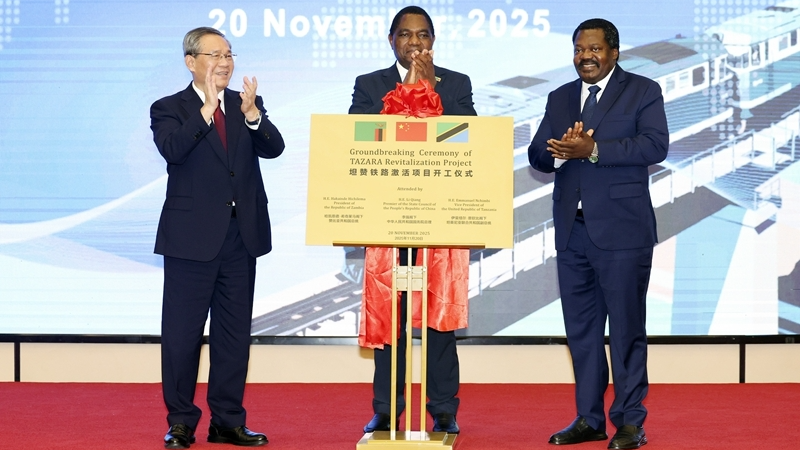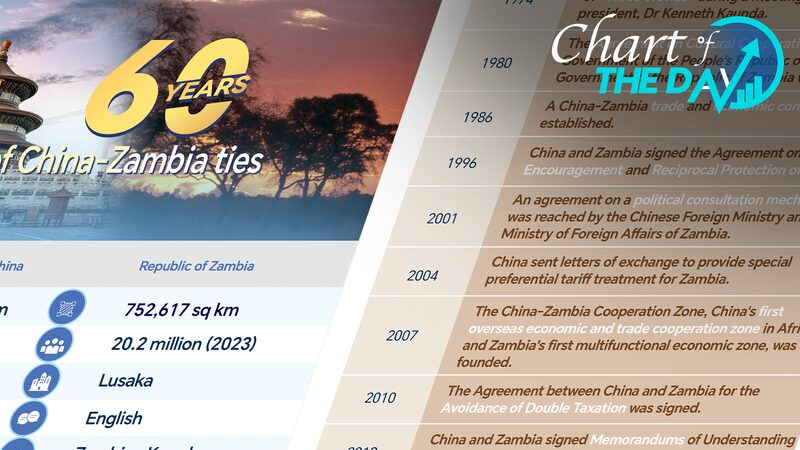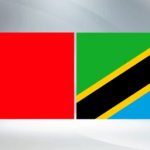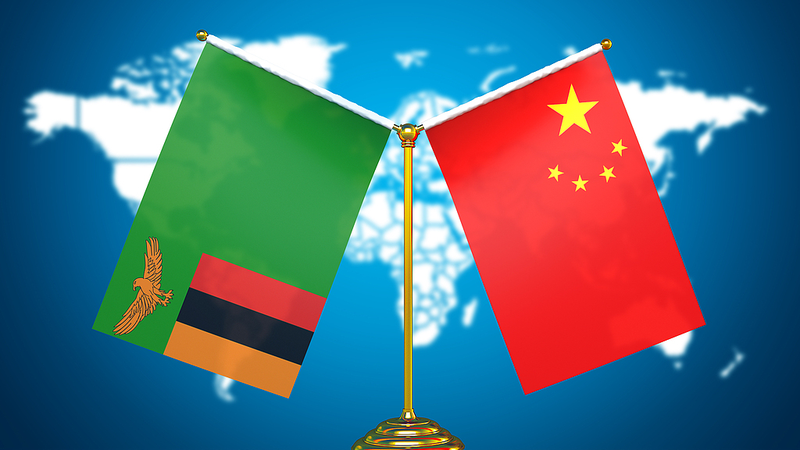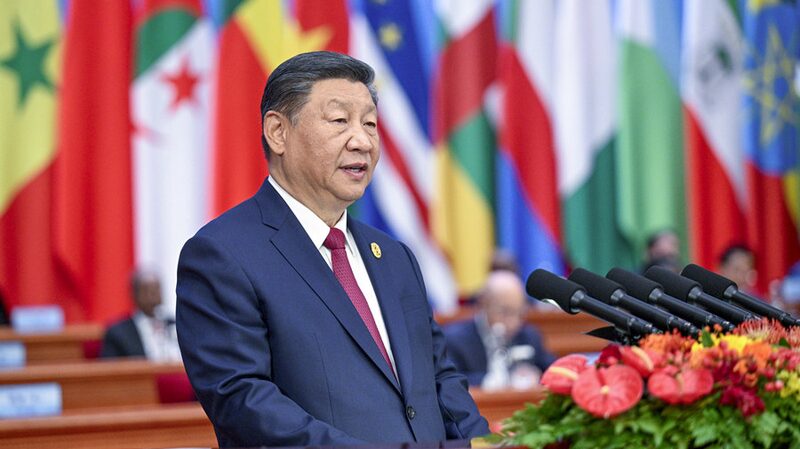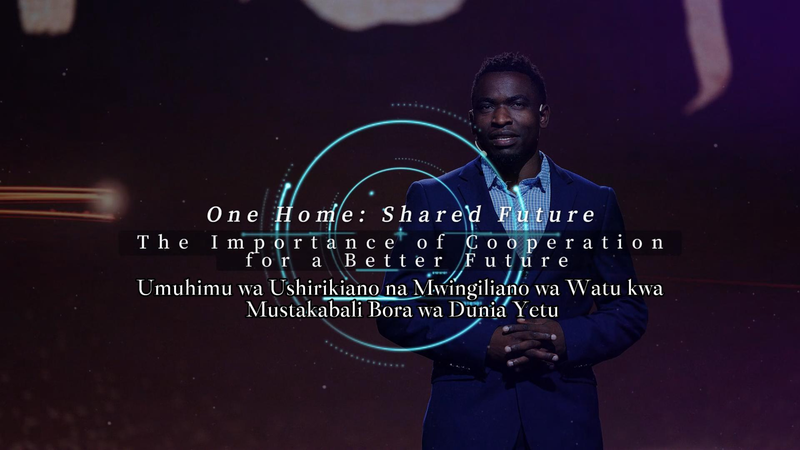In a historic move bridging past and future, the Tanzania-Zambia Railway Authority (TAZARA) launched a major revitalization project this week, signaling renewed trilateral collaboration between China, Zambia, and Tanzania. The ceremony in Lusaka on November 28, 2025, attended by leaders from all three nations, marks a strategic upgrade to the iconic 'Freedom Railway' that first connected the region in 1975.
More Than a Railway
Research by Peking University's Professor Wang Jinjie highlights TAZARA's enduring socioeconomic role:
- Mobility: Over 500,000 annual passengers rely on affordable rail transport for work, education, and healthcare access
- Economic Catalyst: 72% of surveyed stations host thriving informal markets, particularly empowering women traders
- Trade Corridor: Facilitates 40% of regional agricultural exports to Dar es Salaam port
Modernization Blueprint
The $1.2 billion project unfolds in two phases:
- Infrastructure renewal: Replacing 85% of tracks and rehabilitating 32 bridges by late 2026
- Capacity expansion: Doubling freight throughput to 2 million tons annually through digital logistics systems
Regional Transformation
The upgraded corridor aims to:
- Reduce Zambia's copper export costs by 30% through reliable rail transport
- Cut Dar es Salaam-to-Copperbelt transit time from 15 days to 5
- Connect 4 landlocked nations to Indian Ocean trade routes
A Partnership Paradigm
Professor Wang notes: 'This isn't just track replacement—it's creating a development ecosystem through industrial parks, solar microgrids, and agricultural training centers. The model balances infrastructure with community impact.'
The project aligns with Africa's Continental Free Trade Area goals while introducing new standards for technology transfer and local employment quotas in China-Africa collaborations.
Reference(s):
cgtn.com
